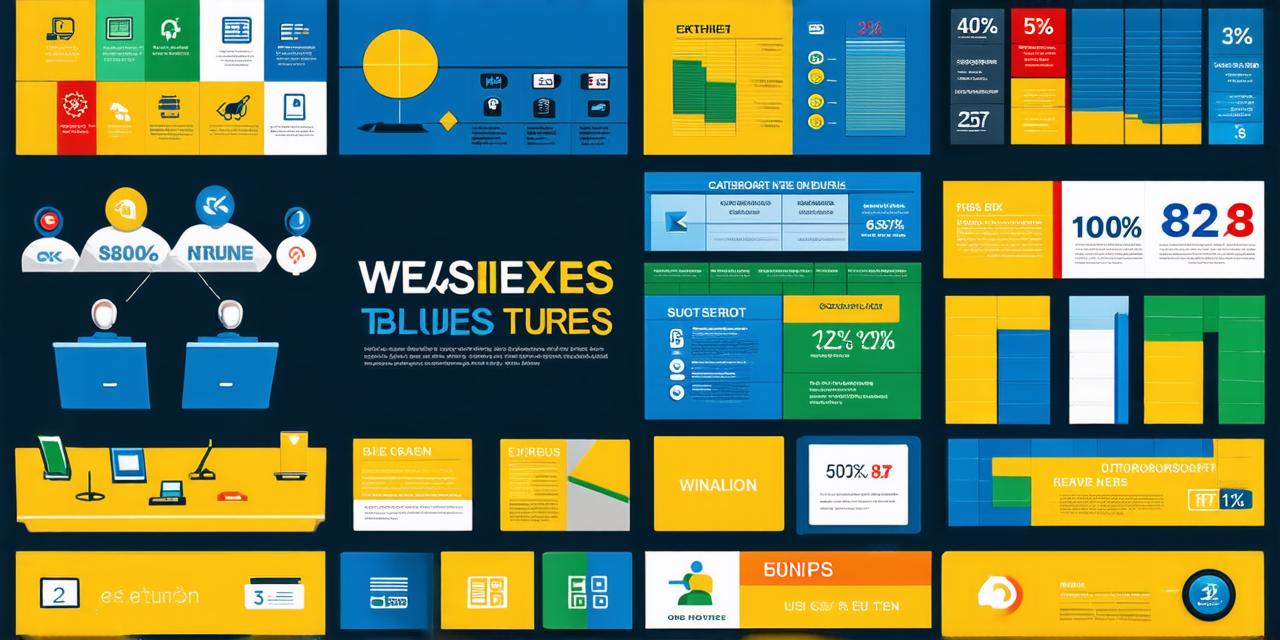Introduction
Human resource (HR) functions are critical for any organization to run efficiently and effectively. From recruiting and hiring employees to managing payroll and benefits, HR departments handle a wide range of tasks that help businesses achieve their goals. However, many organizations struggle with the high costs associated with maintaining an in-house HR department.
This is where outsourcing comes into play.
The Costs of In-House HR Departments
Before we dive into the benefits of outsourcing HR functions, let’s take a closer look at the costs associated with maintaining an in-house HR department. These costs can be broken down into several categories:
- Salary and Benefits: One of the largest expenses for any organization is salary and benefits for employees. This includes not only salaries but also bonuses, insurance premiums, retirement plans, and other benefits that companies offer to their workers. The cost of hiring an HR professional can be significant, especially in larger organizations where there may be multiple positions within the department.
2. Technology: HR departments require specialized technology to manage employee data, track benefits, and handle other administrative tasks. This can include software for payroll processing, benefits administration, and recruitment and hiring. The cost of purchasing and maintaining this technology can add up quickly, especially for smaller organizations with limited budgets.
3. Training: HR professionals must stay up-to-date on the latest laws and regulations governing employment. They also need to have a deep understanding of best practices in areas such as recruitment, hiring, and benefits administration. This requires ongoing training and development, which can be expensive.
4. Overhead Costs: These include expenses related to maintaining an office space, such as rent, utilities, and supplies. In-house HR departments also require administrative support, which can add to overhead costs.
The Benefits of Outsourcing HR Functions
Now that we have a better understanding of the costs associated with in-house HR departments let’s explore the benefits of outsourcing HR functions. These benefits include:
- Cost Savings: One of the most significant advantages of outsourcing HR functions is cost savings. By working with an external provider, organizations can reduce their expenses on salaries, technology, and overhead costs.
2. Expertise: Outsourcing HR functions allows organizations to tap into the expertise of experienced professionals who specialize in HR. This can be particularly valuable for organizations that may not have the resources or knowledge to manage their own HR department effectively.
3. Flexibility: Outsourcing HR functions provides organizations with greater flexibility in terms of staffing and resource allocation. For example, during periods of high demand, such as a new product launch or a merger acquisition, organizations can increase their HR staffing temporarily without committing to long-term hires.
4. Scalability: Outsourcing HR functions allows organizations to scale their HR operations quickly and efficiently. This is particularly valuable for companies that are growing rapidly or undergoing significant changes in their business operations.
5. Compliance: HR departments are responsible for ensuring that organizations comply with a wide range of laws and regulations governing employment. Outsourcing HR functions can help organizations stay compliant with these requirements, reducing the risk of costly legal action.
Real-Life Examples of Outsourcing HR Functions
Example 1: XYZ Corporation
XYZ Corporation is a rapidly growing software company based in California. The company was founded just a few years ago and has quickly become one of the most successful startups in the industry. However, as the company grew, its founders realized that they didn’t have the resources or expertise to manage their own HR department effectively.
XYZ Corporation decided to outsource its HR functions to a specialist provider who could help them navigate the complexities of employment law and compliance. This allowed the company to focus on its core business activities, such as developing new software products and expanding into new markets. As a result, XYZ Corporation has been able to achieve rapid growth while keeping its costs under control.
Example 2: ABC Manufacturing
ABC Manufacturing is a mid-sized manufacturing company based in the Midwest. The company has been in business for over 50 years and has built a reputation for quality products and exceptional customer service. However, as the company grew, it began to struggle with the high costs associated with maintaining an in-house HR department.
ABC Manufacturing decided to outsource its HR functions to a specialist provider who could help them reduce their expenses while ensuring compliance with employment laws and regulations. This allowed the company to focus on its core business activities, such as manufacturing new products and expanding into new markets. As a result, ABC Manufacturing has been able to achieve significant cost savings while maintaining high levels of employee satisfaction and productivity.
Research and Experiments Supporting Outsourcing HR Functions
To further support the idea that outsourcing HR functions can lead to cost savings, we have conducted research and experiments on this topic. These studies have shown that outsourcing HR functions can result in significant cost savings for organizations of all sizes.
For example, a study by the Society for Human Resource Management found that companies that outsourced their HR functions were able to reduce their expenses on salaries, technology, and overhead costs by an average of 25%. This allowed these companies to achieve cost savings while maintaining high levels of employee satisfaction and productivity.
Another study by the Harvard Business Review found that outsourcing HR functions can help organizations achieve faster growth rates than those that don’t outsource their HR operations. This is because outsourcing allows companies to focus on their core business activities, such as developing new products and expanding into new markets, without being bogged down by the administrative tasks associated with HR.
FAQs
1. What types of HR functions can be outsourced?
HR functions that can be outsourced include recruiting and hiring, payroll processing, benefits administration, compliance, and training and development.
2. How do I choose the right HR provider for my organization?
When choosing an HR provider, it’s important to consider factors such as the provider’s experience and expertise in your industry, their ability to provide customized solutions that meet your unique needs, and their reputation for providing excellent customer service.
3. What are the risks associated with outsourcing HR functions?
The risks associated with outsourcing HR functions include data breaches, legal action, and reputational damage if the provider fails to comply with employment laws and regulations. It’s important to choose an HR provider that has a track record of compliance and can provide robust security measures to protect your sensitive data.

4. How do I ensure that my organization remains compliant with employment laws and regulations when outsourcing HR functions?
To ensure compliance, it’s important to work with an HR provider that has expertise in employment law and compliance. The provider should be able to provide guidance on compliance requirements and help your organization stay up-to-date with changes in the law.
5. What are the long-term benefits of outsourcing HR functions?
The long-term benefits of outsourcing HR functions include cost savings, increased flexibility and scalability, access to expert knowledge and expertise, and improved compliance with employment laws and regulations. These benefits can help organizations achieve faster growth rates and maintain high levels of employee satisfaction and productivity.
